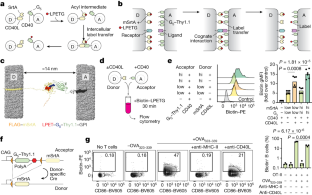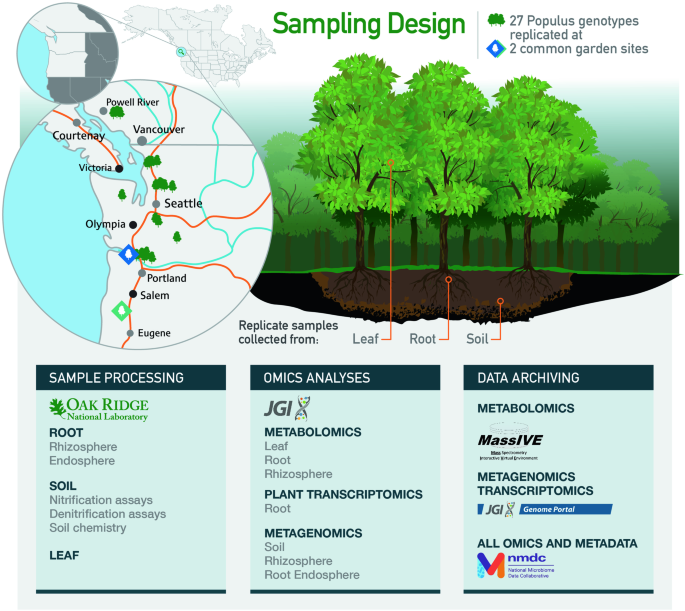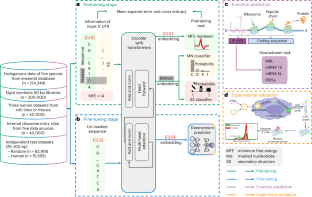2024-04-08 プリンストン大学
<関連情報>
- https://engineering.princeton.edu/news/2024/04/08/microscopes-reveal-frozen-moment-cellular-time-new-method-records-cells-they-work
- https://www.nature.com/articles/s41586-024-07134-4
生体内での免疫細胞相互作用の普遍的記録 Universal recording of immune cell interactions in vivo
Sandra Nakandakari-Higa,Sarah Walker,Maria C. C. Canesso,Verena van der Heide,Aleksey Chudnovskiy,Dong-Yoon Kim,Johanne T. Jacobsen,Roham Parsa,Jana Bilanovic,S. Martina Parigi,Karol Fiedorczuk,Elaine Fuchs,Angelina M. Bilate,Giulia Pasqual,Daniel Mucida,Alice O. Kamphorst,Yuri Pritykin & Gabriel D. Victora
Nature Published:06 March 2024
DOI:https://doi.org/10.1038/s41586-024-07134-4

Abstract
Immune cells rely on transient physical interactions with other immune and non-immune populations to regulate their function. To study these ‘kiss-and-run’ interactions directly in vivo, we previously developed LIPSTIC (labelling immune partnerships by SorTagging intercellular contacts), an approach that uses enzymatic transfer of a labelled substrate between the molecular partners CD40L and CD40 to label interacting cells. Reliance on this pathway limited the use of LIPSTIC to measuring interactions between CD4+ T helper cells and antigen-presenting cells, however. Here we report the development of a universal version of LIPSTIC (uLIPSTIC), which can record physical interactions both among immune cells and between immune and non-immune populations irrespective of the receptors and ligands involved. We show that uLIPSTIC can be used, among other things, to monitor the priming of CD8+ T cells by dendritic cells, reveal the steady-state cellular partners of regulatory T cells and identify germinal centre-resident T follicular helper cells on the basis of their ability to interact cognately with germinal centre B cells. By coupling uLIPSTIC with single-cell transcriptomics, we build a catalogue of the immune populations that physically interact with intestinal epithelial cells at the steady state and profile the evolution of the interactome of lymphocytic choriomeningitis virus-specific CD8+ T cells in multiple organs following systemic infection. Thus, uLIPSTIC provides a broadly useful technology for measuring and understanding cell–cell interactions across multiple biological systems.


